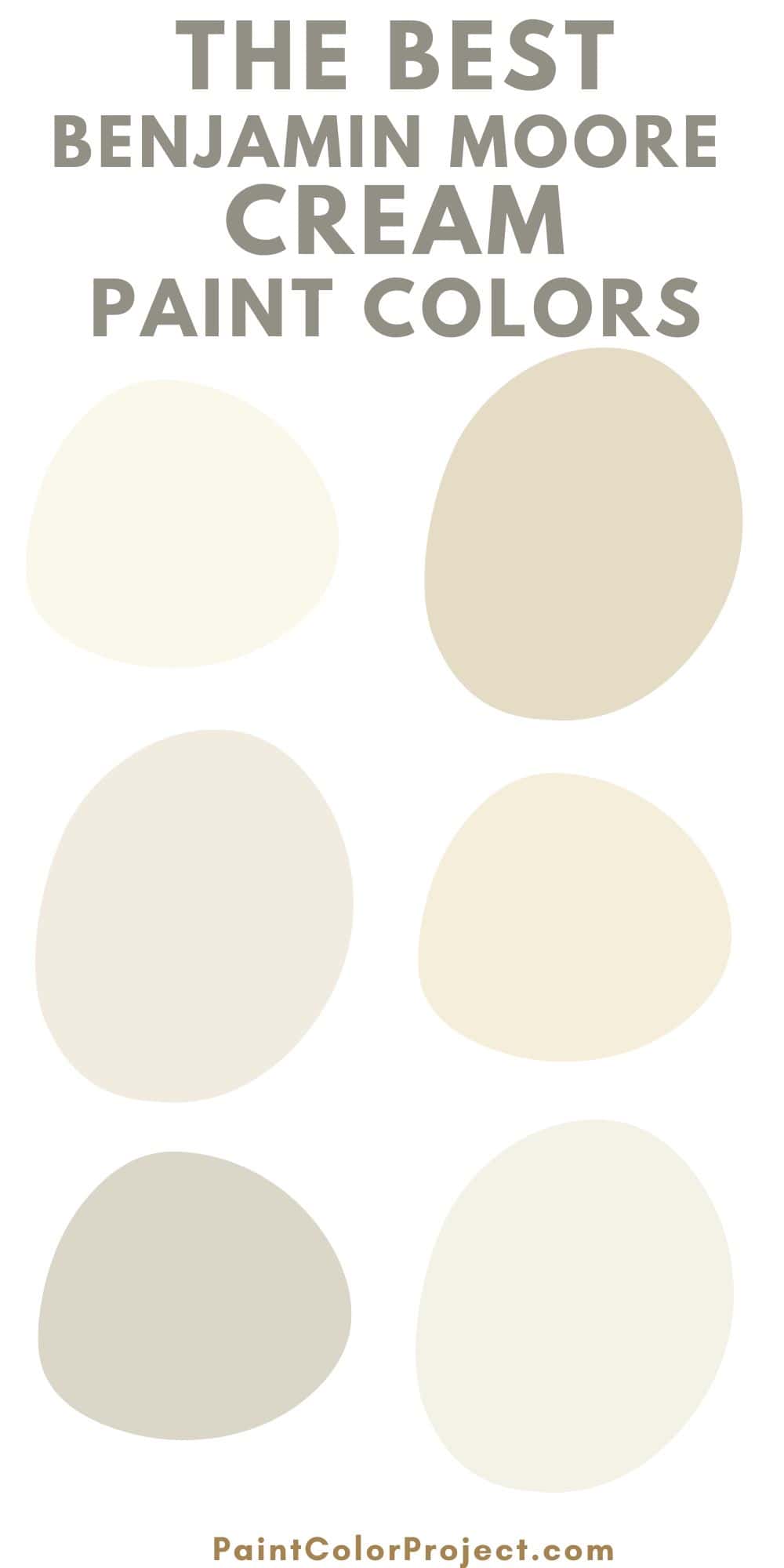Are you struggling to find the perfect white paint? Choosing the right white can feel overwhelming, but it doesn't have to be. Understanding the subtle nuances of Benjamin Moore white undertones is the key to transforming your space. Let's explore the world of Benjamin Moore whites and unlock their secrets.
White paint isn't just white. It's a spectrum of shades with hidden depths. These subtle background hues, known as undertones, can drastically affect how a white appears in different lighting conditions. Benjamin Moore offers a vast array of whites, each with its unique personality, making choosing the right one a crucial step in any decorating project. Ignoring these undertones can lead to unexpected and sometimes unpleasant results, leaving your “perfect white” looking anything but.
Benjamin Moore has a long and rich history of producing high-quality paints, and their whites are no exception. The company, founded in 1883, has become synonymous with premium paint products, known for their depth of color, durability, and smooth finish. Their extensive white palette reflects their commitment to providing a diverse range of options to suit any design style or lighting situation. Understanding the subtle differences between these various whites can transform a space from bland to beautiful.
Choosing the right Benjamin Moore white is crucial for achieving the desired ambiance in your home. The wrong white can clash with existing décor or create unwanted color casts. For example, a white with cool, blue undertones might look sterile in a north-facing room, while a warmer white with yellow undertones can add a touch of coziness. This makes understanding the role of undertones paramount. They influence how a white interacts with natural and artificial light, as well as the surrounding furnishings and colors within the room.
One of the main issues related to selecting Benjamin Moore white paint is the sheer number of options available. From Simply White to Chantilly Lace, the choices can be overwhelming. This vast selection, while offering incredible versatility, can also make it difficult to pinpoint the ideal shade. Therefore, taking the time to understand the underlying tones of each white and how they will appear in your specific space is essential for making a well-informed decision.
Consider the light in your room. North-facing rooms tend to have cooler, bluish light, while south-facing rooms receive warmer, yellowish light. East and west-facing rooms experience changing light throughout the day. Test your chosen white in the room you intend to use it. Paint large swatches on different walls to see how the color changes with the light.
Think about your existing décor. Do you have warm wood tones or cool gray accents? Choose a white that complements your furnishings and overall design style.
Don't be afraid to consult with a color expert. Benjamin Moore retailers often have trained staff who can help you navigate their vast selection of whites and recommend the perfect shade for your project.
Advantages and Disadvantages of Focusing on Benjamin Moore Whites
| Advantages | Disadvantages |
|---|---|
| Wide range of nuanced whites | Can be overwhelming to choose |
| High-quality paint with excellent coverage | Premium pricing compared to other brands |
| Known for durability and longevity | Requires careful consideration of undertones |
Frequently Asked Questions about Benjamin Moore White Undertones
What are undertones? Undertones are the subtle colors that lie beneath the surface of a paint color. They greatly influence how a color appears in different lighting conditions.
How do I identify undertones? Compare paint chips against a pure white background. The undertones will become more apparent.
What are some popular Benjamin Moore whites? Simply White, Chantilly Lace, White Dove, and Decorator's White are popular choices.
How do I choose the right white for my room? Consider the room's lighting, existing décor, and desired ambiance.
What is the difference between cool and warm whites? Cool whites have blue or gray undertones, while warm whites have yellow or beige undertones.
Can I mix Benjamin Moore whites? Yes, you can mix different Benjamin Moore whites to create a custom shade.
Where can I buy Benjamin Moore paint? Benjamin Moore paint is available at authorized retailers and online.
What is the best sheen for white paint? The best sheen depends on the room and the look you want to achieve. Eggshell or satin are popular choices for walls.
Choosing the right Benjamin Moore white is a journey of discovery. By understanding the nuances of undertones, considering your space's lighting, and experimenting with different shades, you can unlock the transformative power of white and create a space that truly shines. Start with samples, test them in your environment, and remember that the perfect white awaits! This attention to detail will pay off, rewarding you with a beautiful and harmonious space you'll love for years to come.
Benjamin Moore Trim Paint Semi Gloss at Travis Gilbert blog - The Brass Coq
Best Benjamin Moore gray paint colors - The Brass Coq
White Sand Benjamin Moore Undertones - The Brass Coq
white paint choices and answers - The Brass Coq
10 of the BEST Benjamin Moore White Paint Colors for Your Interior - The Brass Coq
Pin on Paint Colors in 2024 - The Brass Coq
Benjamin Moore Indian White is a warm cream paint colour with subtle - The Brass Coq
Pin on Paint Colors in 2024 - The Brass Coq
12 best Benjamin Moore Cream Paint Colors - The Brass Coq
benjamin moore white undertones - The Brass Coq
Benjamin Moore Paint Colors 2024 Linen - The Brass Coq
Pin by Ellie on Kates bathroom redo - The Brass Coq
benjamin moore white undertones - The Brass Coq
Benjamin Moore Interior Wood Floor Paint at Clinton Walls blog - The Brass Coq
The Warm and Creamy Undertones of Benjamin Moores Alabaster - The Brass Coq













